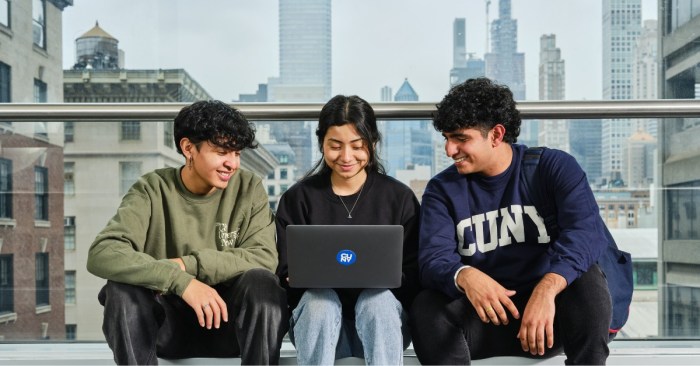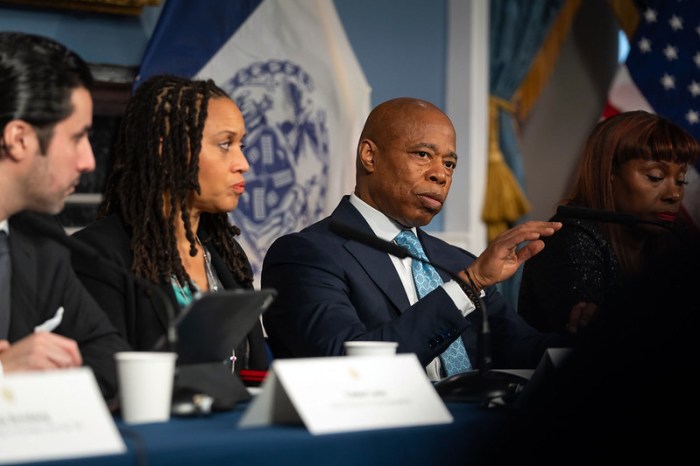
The Office of Inspector General for the NYPD was created in 2013 in the thick of the department’s stop-and-frisk fiasco and despite firm opposition from both City Hall and Police Plaza, which protested additional police oversight. The office exists to investigate and make recommendations on police policy and patterns. Why, then, has the office been MIA concerning one of the more controversial aspects of policing today — large-scale gang sweeps?
Gang policing methods came under scrutiny during emotional City Council hearings in June, when family members spoke about loved ones unjustly swept up in raids. But over a year before the hearings, advocates rallied and sent a letter to Inspector General Philip Eure, asking him to investigate the department’s broad gang tactics, including the use of a secretive gang database that has cataloged tens of thousands of people, including minors.
It’s been crickets from the IG since then, despite the fact that these concerns are precisely what the office was created to examine.
Some activists and others believe that politics have stalled any potential probe from the IG. The office is overseen by another agency, the Department of Investigations. DOI head Mark Peters has ruffled the feathers of city officials at times, a sign of good oversight. However, the worry among advocates, including myself, is that Peters is blocking a probe that would look at the gang database because his office is using it. If that’s the case, that would present a potential conflict.
DOI worked alongside NYPD and the FBI earlier this year in a sweep of more than a dozen alleged gang members at a Brooklyn housing development. The operation was part of a larger crusade by Peters to pressure the New York City Housing Authority to more aggressively remove “recidivist criminals” from public housing. While that may sound reasonable, legal advocates point out NYCHA’s permanent exclusion rules go beyond federal guidelines for excluding residents and can mean orders for removal after arrests — not convictions — for even low-level, nonviolent offenses.
Permanent exclusion almost exclusively impacts poor black and Latino residents and can lead to evictions of entire families. Gang raids feed into the practice.
Chicago’s inspector general has undertaken public hearings as part of an audit of that city’s gang database. California launched a statewide audit revealing toddlers listed as gang members. NYC, in all its progressive glory, can’t even launch an investigation? Lawmakers are quietly lobbying Eure, but so far there’s been no daylight.
Peters may see himself as an enforcer in his role alongside police to evict public housing residents suspected of belonging to a gang. However, if this perspective makes him blind to the potential pitfalls and dangers of gang databases and over-criminalization, there should be clear independence between his office and a much-needed investigation by the inspector general.
Josmar Trujillo is a trainer, writer and activist.

















